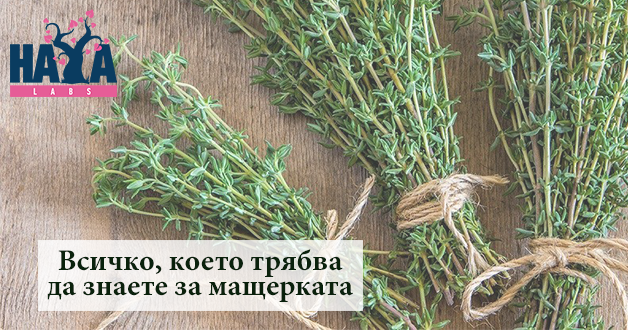
Thyme
0
764
It is a great addition to beans, various meats, eggs, and vegetables. The good thing is that it is available year-round, both dried and fresh, and can easily be grown in a pot in the kitchen or on the balcony. There are about 60 varieties of the herb, and the scientific name of the common thyme is Thymus vulgaris.
The thyme belongs to the Thymus genus. The thyme has very small leaves that are elliptical. The upper surface of the leaves is greenish-gray in color, and the bottom is whitish.
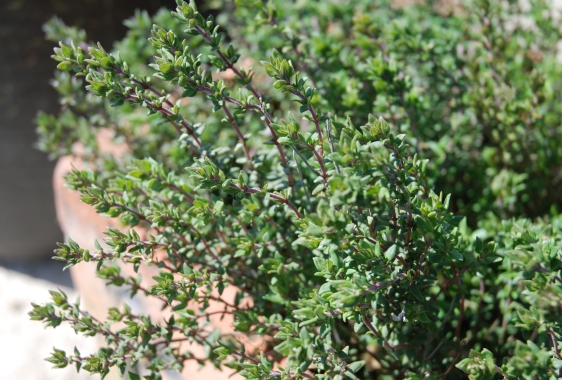
Origin of thyme
Thyme roots are in Asia, Southern Europe, and the Mediterranean, but it is also cultivated in North America.
It is a well-known plant in our country, also known as Grandma's Oregano or Shepherd's Basil. The herb has been used since ancient times for its applications in cooking, aromatherapy, and medicine. The ancient Egyptians used it as a means of embalming the dead Pharaohs.

In ancient Greece, thyme was widely used for its aroma and burned as incense in sacred temples. An interesting fact is that the thyme was a symbol of courage and courage - even during the Middle Ages, women had the ritual of giving their knights a scarf on which thyme was stitched on an embroidered bee. Thyme oil has been used since the 16th century as a mouthwash and for external use because of its antiseptic properties.
100 g of fresh thyme contains 4751 IU of Vitamin A, 160 mg of Vitamin C, making it an excellent source of Vitamin C and a very good source of Vitamin A.
Contains 405 mg of calcium, 17.4 mg of iron and 160 mg of magnesium. In 100 g dried thyme contains 3801 IU of vitamin A, 50 mg of vitamin C, 1890 mg of calcium, 124 mg of iron and 220 mg of magnesium.
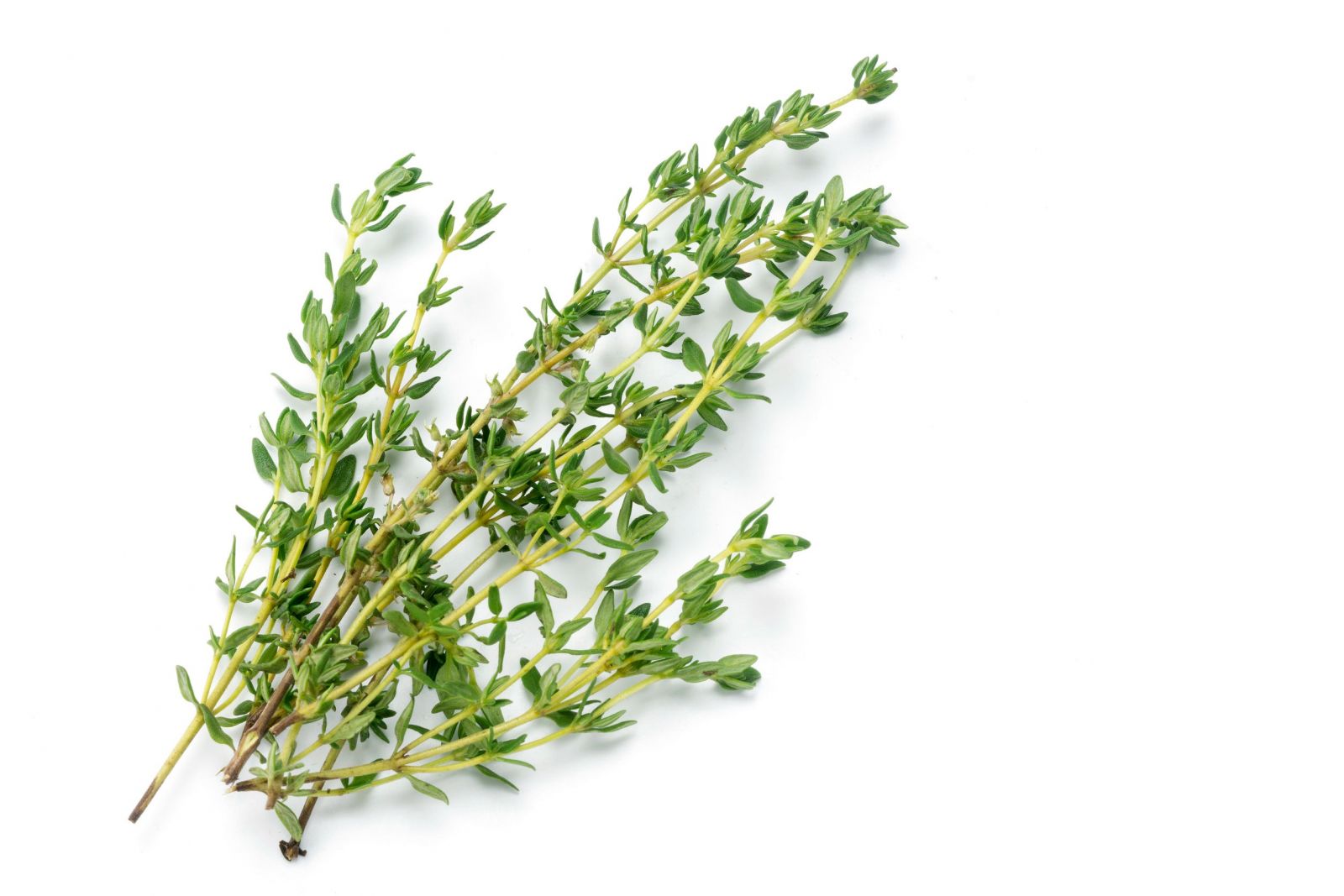
Health benefits of thyme consumption
Thyme is used in natural medicine for respiratory problems - cough, bronchitis, and others. It has a long history of healing in precisely such conditions.
read more
Antioxidant protection of cell membranes

The main constituent of thyme essential oil is thymol (named after the herb itself), and its health-promoting effects have been well studied.
In aging studies in rats, thymol showed protective functions against healthy fats in cell membranes and other cellular structures, as well as increasing the percentage of these fats. Following the inclusion of the thyroid in the supplementation plan of these rats, there was an increase in the amount of DHA in the brain, kidney and cardiac cell membranes.
Thyme also contains a variety of flavonoids, including apigenin, naringenin, luteolin, and timonin. They increase the antioxidant properties of the herb and, in combination with good manganese content, place the thyme at the forefront in the list of antioxidant foods.
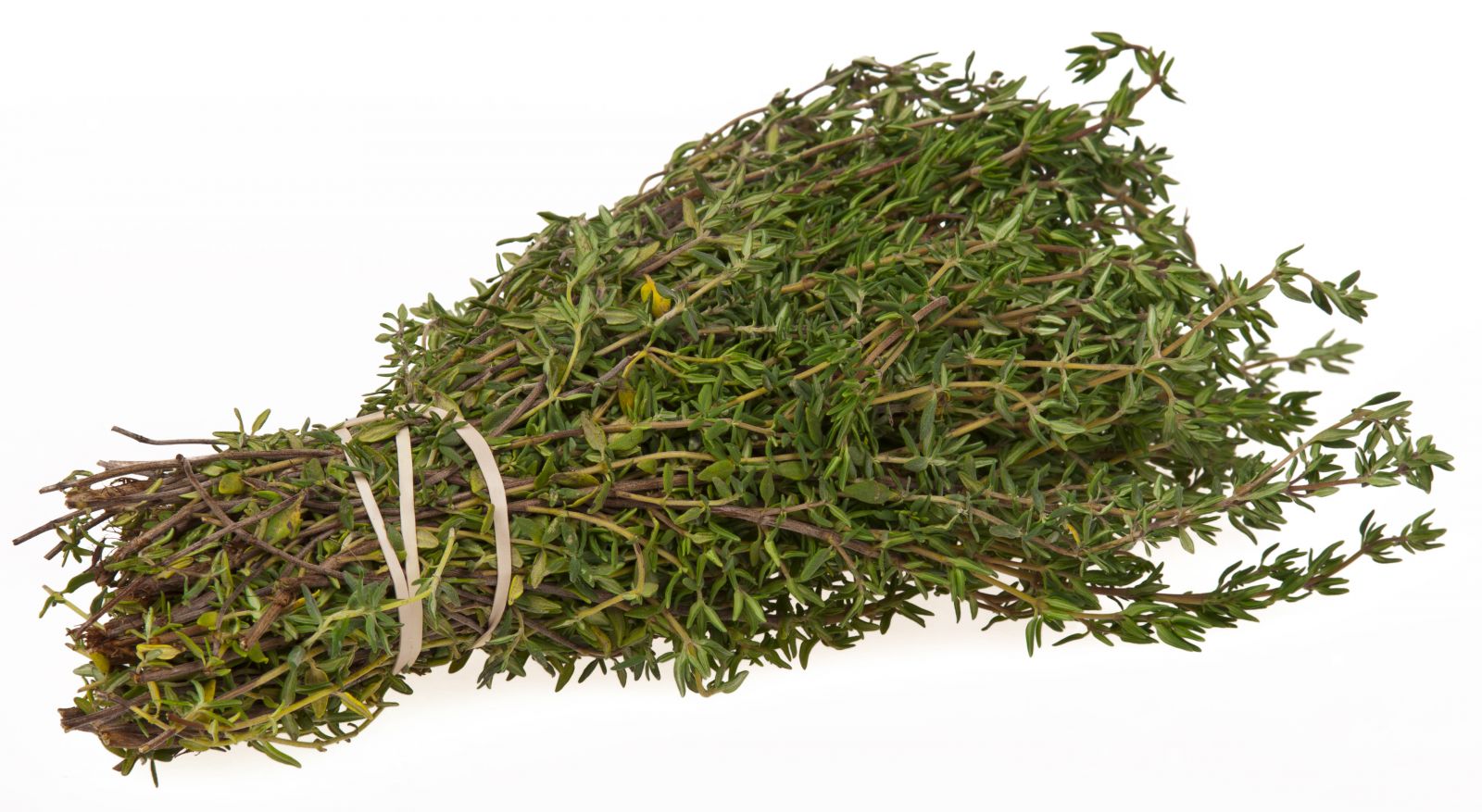
Antimicrobial properties
The components in the volatile thyme oil have antimicrobial action against many different bacteria and fungi - Staphylococcus aureus, Bacillus subtilis, Escherichia coli and more. For thousands of years, various herbs and spices have been used to store foods or protect them against microbial contamination. Thyme and basil have such properties.
You can add fresh thyme and/or basil to your vegetable salads.
How to choose and store thyme?
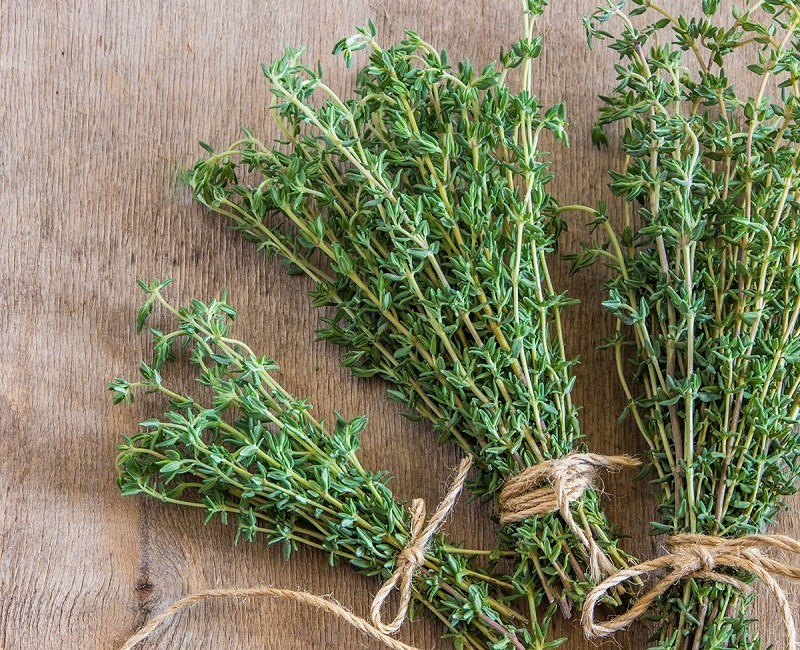
Prefer fresh thyme over dried because it has a more saturated taste. The leaves of fresh thyme should look fresh and with different green-gray shades. There should be no dark or yellow spots. Although thyme, like all other dried herbs, is also available in supermarkets, you can explore specialized herbs and spice shops because they often offer more variety.
The fresh thyme is stored in a refrigerator, packed in a lightly moistened paper envelope. It is good to store the dried thyme in a well-closed glass jar in a dark, cool and dry place. Under such conditions, it will be kept fresh for about 6 months. .


